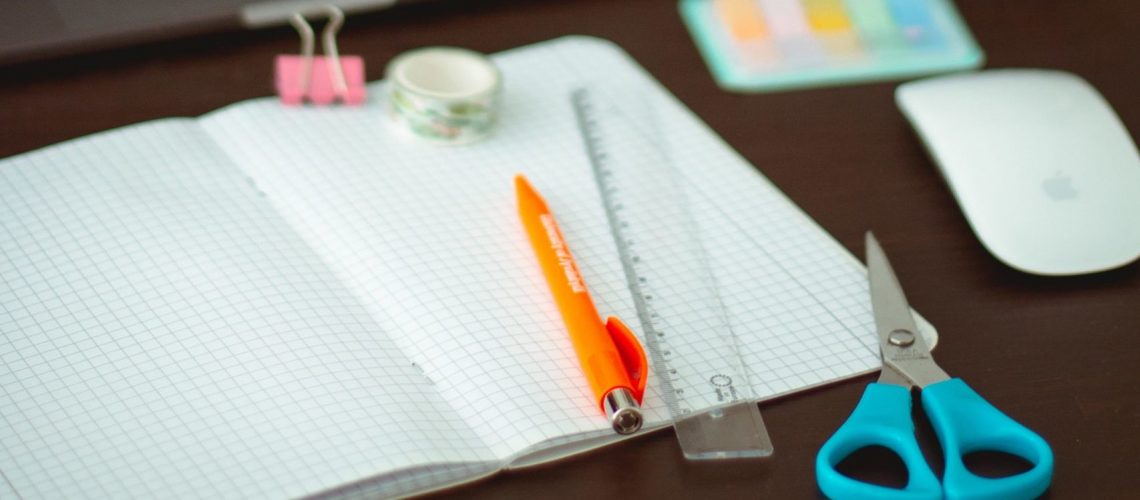 IPP gets to the root of learning difficulties by addressing the issues that often cause poor academic performance.
IPP gets to the root of learning difficulties by addressing the issues that often cause poor academic performance.
The IPP program is successful because it addresses the cause(s) of the learning difficulty. It works to improve attention span, memory, comparison & contrast thinking, eye-hand coordination, systems reasoning, and other skills essential to the learning process. This helps students perform better in school and in life.
IPP HISTORY
Years of identifying and training cognitive dysfunctions have revealed the importance of underlying physiological processes, especially focusing skills and sensory integration functions.
SOI training will help even in the face of focusing skill and/or sensory integration dysfunctions, but, obviously, the prognosis would not be as good as if there were treatment for those functions that underlie cognitive processes. To address this need, SOI developed the IPP program to identify and address focusing skills and sensory integration dysfunctions.
PROGRAM DESIGN
The IPP program builds on the SOI process for addressing learning problems.
It includes assessing the areas of concern, identifying the problem, and training in terms of a well-defined plan that is customized for each student. The program is to be implemented by following the protocol. With the protocol, all but the most difficult cases are able to be handled within the IPP system itself.
THE IPP PROCESS
When a student is referred to the IPP program, he or she is given a number of assessments that cover cognitive abilities, sensory motor functions, and focusing skills functions to determine the reason(s) for the student’s learning problem.
These causes are specifically identified and matched with individual training plans for the student. The training plan for each student is very specific so that it can meet his or her needs. After all trainings have been administered by an IPP specialist, the expectation is that the student will be able to return to the instructional situation and progress with much improved performance.
“The school staff have totally embraced the program and in a short period of time have it operating very effectively. The computer-generated profile for each student and the prescription for the instructor make this program an invaluable asset to our overall school program.”
RATE OF SUCCESS
Some learning disabilities are not able to be addressed with IPP, but these instances are rare, and they are almost always organic. We find that nearly all learning disabilities can be addressed.
IPP is successful more than 90% of the time.
CENTER SUPERVISION
Every IPP center has a specialist as the center supervisor. In addition to SOI training and experience, the supervisor must be trained specifically in IPP procedures. Additionally, the center itself must commit to periodic reviews of its operation.
The reviews insure that procedures are being correctly followed, and equally important, that cases which have not benefited from training can be thoroughly reviewed with an aim at improving the system.






